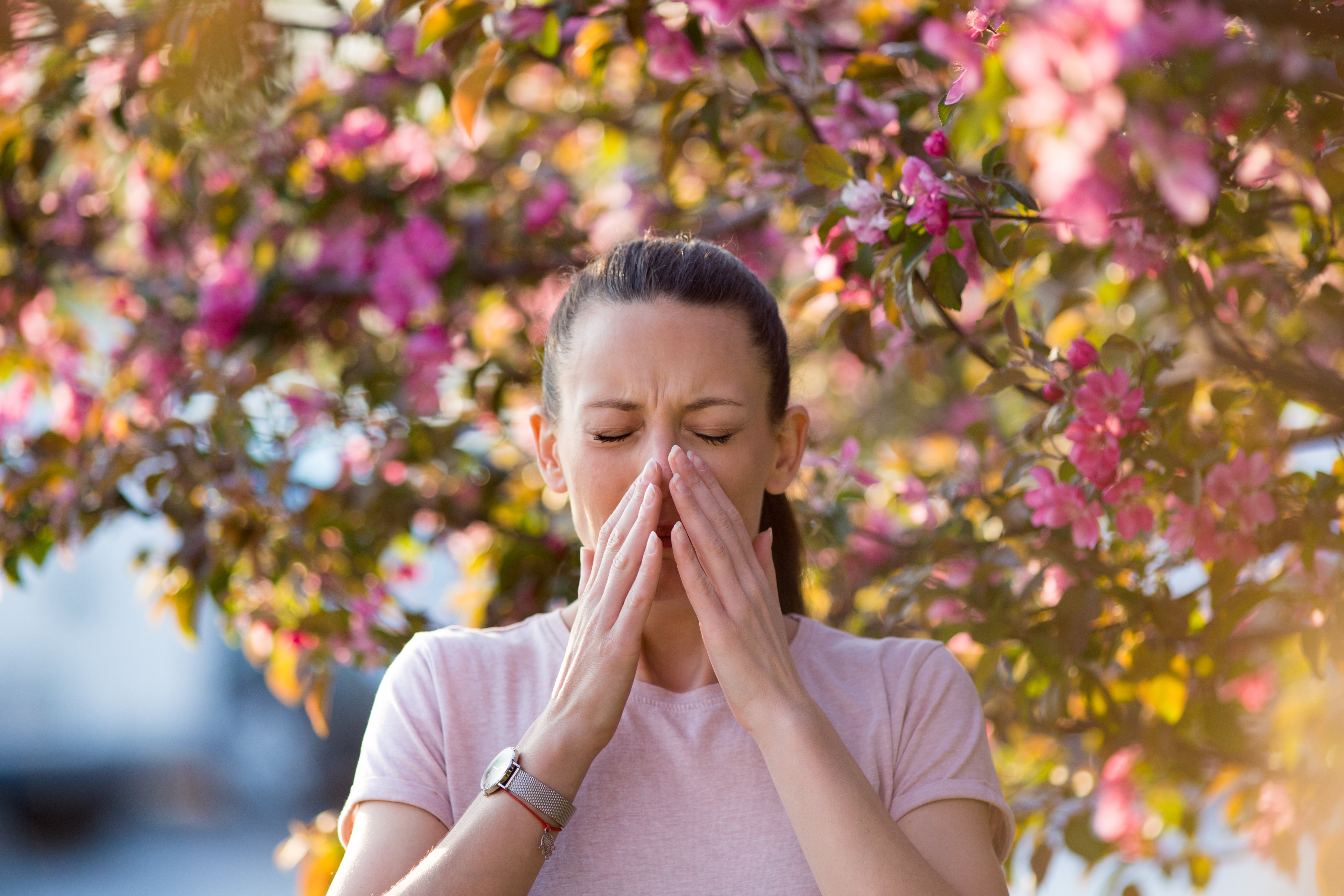Seasonal Allergies and your ears, what you need to know.
by Envoy Medical Staff Member, on April 1, 2023

Each year, over 100 million Americans deal with some form of allergies. In 2021, about 81 million people in the U.S. were diagnosed with seasonal allergies—otherwise known as allergic rhinitis or hay fever.
Seasonal allergies are triggered in spring, summer, and fall, when molds, tree pollen, grass, and weeds become airborne. For those sensitive to these allergens, the body responds as if under threat, prompting the immune system to release histamines. This natural defense can result in symptoms such as itchy or watery eyes, sneezing, nasal congestion, persistent itching in the ears, and fatigue.
Seasonal allergies can also affect your ears and hearing. The Eustachian tube—a slender channel connecting the back of the nose to the middle ear—typically remains closed but opens during actions like swallowing or yawning. It plays a vital role in protecting the middle ear from infection, equalizing pressure, and draining fluids.
High allergen levels can lead to increased mucus production in the sinuses. This excess fluid may travel to the middle ear and impact the Eustachian tubes, causing them to swell and become inflamed. As a result, you might experience ear fullness, muffled hearing, discomfort or pressure, and a greater risk of ear infections.
What steps can you take if you’re experiencing symptoms?
Though allergies can’t be cured, proactive measures may help reduce your exposure and discomfort:
- Monitor local pollen counts (for example, try pollen.com) and adjust your outdoor activities accordingly—pollen levels are often highest in the morning and on windy days. Wearing a mask outdoors may offer additional protection.
- Minimize indoor allergens by keeping windows closed, removing shoes at the door, and using high-quality air filters. Regular dusting, vacuuming, and cleaning are key.
- After spending time outside, shower before bed to remove pollen from your skin and hair. Avoid air-drying clothes or bedding outdoors since they can collect pollen. Pets can bring allergens inside as well—be mindful if they share your bed.
- Over-the-counter antihistamines and nasal sprays can alleviate symptoms—these work best when started before allergy season begins. Dr. William E. Berger, a board-certified allergist and immunologist, recommends starting these treatments 2-4 weeks before your peak allergy season.
- If needed, healthcare professionals can prescribe stronger medications or discuss other options like immunotherapy.
Consistently reducing exposure and using proven remedies can help you feel your best during allergy season. If your symptoms persist, consider allergy testing to better identify triggers and work with your doctor to find effective, personalized solutions.
Disclaimer: This newsletter is intended for informational purposes only. It is not medical advice. Please consult a licensed healthcare professional before making decisions about your medications or hearing health.


